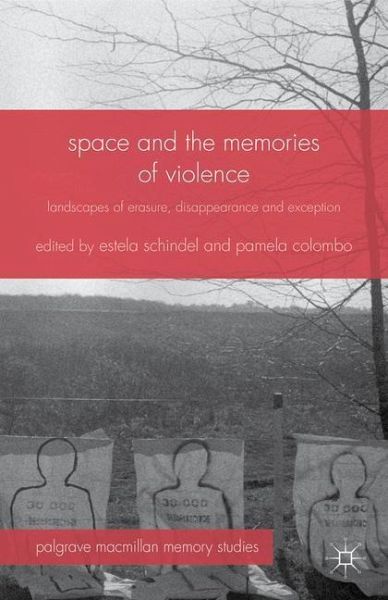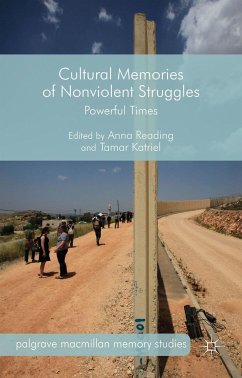
Space and the Memories of Violence
Landscapes of Erasure, Disappearance and Exception
Herausgegeben: Schindel, Estela; Colombo, Pamela
Versandkostenfrei!
Versandfertig in 6-10 Tagen
38,99 €
inkl. MwSt.

PAYBACK Punkte
19 °P sammeln!
Authors from a variety of disciplines dealing with diverse historical cases engage with the spatial deployment of violence and the possibilities for memory and resistance in contexts of state sponsored violence, enforced disappearances and regimes of exception. Contributors include Aleida Assmann, Jay Winter and David Harvey.














